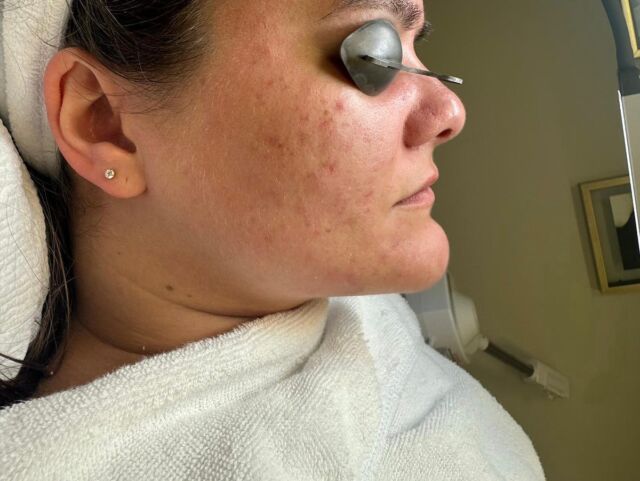Sensitive skin can feel like walking a tightrope—one wrong product or step, and irritation or breakouts quickly follow. For those who experience redness, dryness, or an unpredictable reaction to seemingly harmless products, caring for sensitive skin may feel overwhelming. However, with the right knowledge and approach, it’s possible to create a routine that keeps skin calm, healthy, and radiant.
This guide breaks down the science behind sensitive skin, common triggers, and proven strategies to avoid irritation and achieve balance. Whether you’re navigating sensitivity caused by genetics, environmental stressors, or specific conditions, the tips and insights below will empower you to care for your skin with confidence.
Let’s get started, shall we?
What Causes Sensitive Skin?
Sensitive skin occurs when the skin’s natural barrier becomes compromised, making it more prone to irritation. This can result from:
- Harsh Ingredients: Fragrances, alcohols, and certain preservatives often trigger sensitivity.
- Environmental Factors: Pollution, extreme weather, and UV radiation can weaken the skin barrier.
- Underlying Conditions: Eczema, rosacea, and dermatitis commonly cause sensitive skin.
Studies published in the Journal of the European Academy of Dermatology and Venereology show that sensitive skin is more reactive to irritants due to an impaired skin barrier and heightened nerve responses.
Tips to Avoid Irritation and Breakouts
To effectively care for sensitive skin, a thoughtful routine is crucial.
1. Choose the Right Cleanser
A gentle, fragrance-free cleanser is essential to remove dirt and oil without stripping the skin. Avoid foaming cleansers with harsh surfactants like sodium lauryl sulfate, which can disrupt the skin’s barrier.
2. Opt for Fragrance-Free Products
Fragrances are among the most common irritants for sensitive skin. Look for “unscented” or “fragrance-free” labels on products.
3. Hydrate Consistently
Sensitive skin benefits from a hydrating moisturizer containing ingredients like ceramides, hyaluronic acid, and glycerin. These help repair the skin barrier and lock in moisture.
4. Patch Test New Products
Always test new products on a small area of skin before full application to avoid unexpected reactions.
5. Avoid Over-Exfoliating
Physical scrubs and strong chemical exfoliants can exacerbate sensitivity. Stick to mild options like lactic acid or avoid exfoliation altogether if your skin is highly reactive.
6. Protect with Sunscreen
Daily sunscreen is non-negotiable. Choose mineral-based sunscreens with zinc oxide or titanium dioxide, as they are less likely to irritate sensitive skin.
Common Ingredients for Sensitive Skin
Some ingredients are particularly beneficial for sensitive skin:
- Niacinamide: Reduces inflammation and strengthens the skin barrier.
- Centella Asiatica: Calms irritation and promotes healing.
- Aloe Vera: Soothes and hydrates.
- Colloidal Oatmeal: Alleviates itching and dryness.
Research from the Journal of Drugs in Dermatology highlights that using barrier-repairing and anti-inflammatory ingredients can significantly improve the comfort and appearance of sensitive skin.
A Sample Routine for Sensitive Skin
A simple, gentle routine can make a big difference:
- Morning:
- Cleanser
- Hydrating serum with niacinamide
- Lightweight moisturizer
- Mineral sunscreen
- Evening:
- Cleanser
- Rich moisturizer
Long-Term Care for Sensitive Skin
Sensitive skin care is about consistency and avoiding common irritants. Maintaining a minimal, gentle routine and listening to your skin’s needs can help reduce irritation and prevent breakouts over time. By following these strategies, those with sensitive skin can build a routine that supports their skin’s health and resilience, allowing it to thrive despite its challenges.










